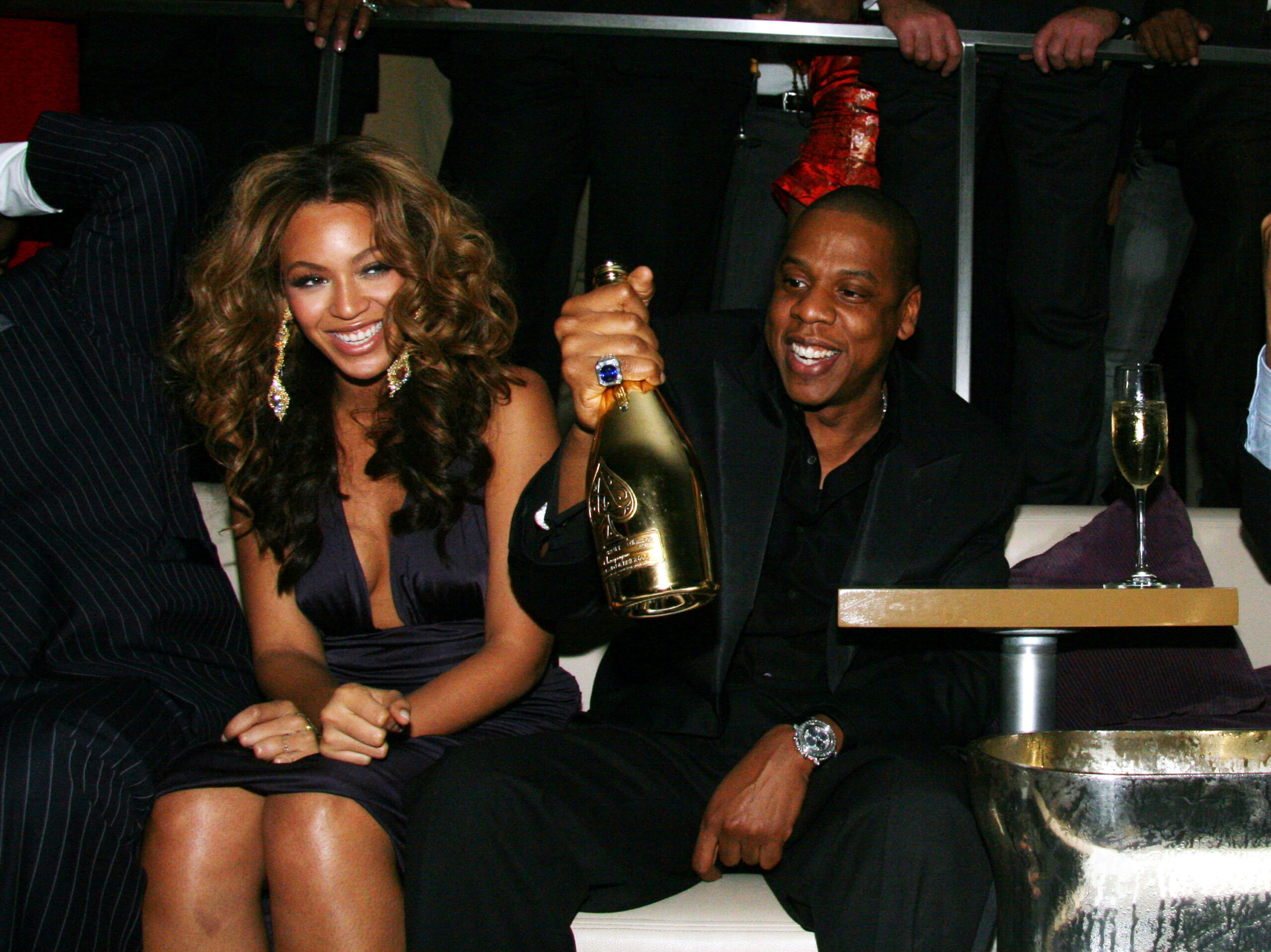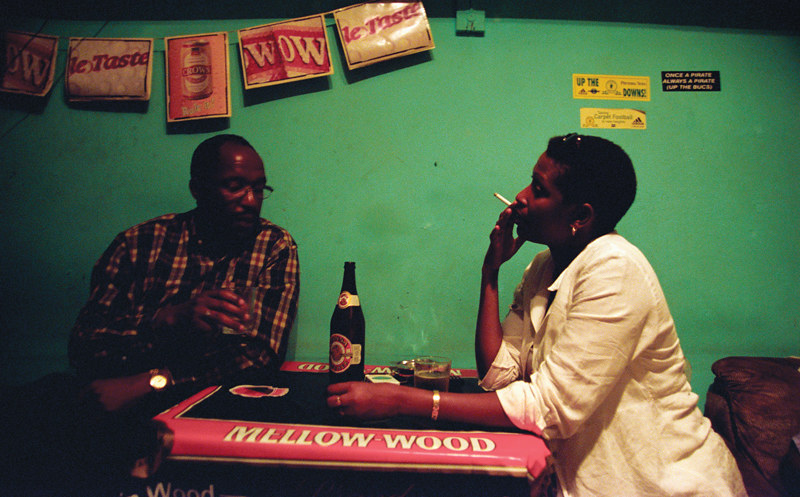It is no secret that South Africa has an alcohol problem, one only has to look at the number of bootleggers that popped up across the country during the 2020 Covid Lockdown. People were digging into their wine collections and selling them to others at outrageous amounts. As the days of lockdown went past those mere twenty-one promised by the President, people’s desperation for alcohol and cigarettes grew. However, South Africa’s drinking problem extends way past lockdown and our love for a good “Dezemba”.
During Apartheid when black people were forced into townships, and men had to leave their families to work as migrant workers in big cities like Johannesburg, The Liquor Act 30 of 1928 and the Native (Urban Areas) Act 21 of 1923, prohibited black people from owning, selling, buying or being in possession of alcohol. This meant black people could only drink at beer halls which were introduced in 1908.
These state-owned beer halls pushed migrant workers to spend their hard-earned wages on alcohol and send little to no money to their families in the townships. One drink would turn into two, and eventually, a week’s worth of pay would all be at the bottom of a beer bottle. The first protests regarding the beer halls began in 1920, in Kwazulu-Natal, where women were fed up with receiving no money from their working husbands. “The beer hall has become the symbol of legal robbery by the whites,” observed Chief Albert Luthuli.
 Image courtesy of Times Live
Image courtesy of Times Live
While beer halls might not be the trap that they were during the Apartheid era, South Africa is still a country of enjoying nice times. What is brunch with the girls without a couple of mimosas or a braai with the family without a few cold ones to knock back?
However, you may look at it, alcohol has been woven into South African culture, even as beerhalls were phased out, shebeens and taverns took over. Without truly realizing it, alcohol has been mainstreamed into all aspects of South African life, and with that has come a slow and unshakable addiction.
As time went on, alcohol has become more commercialised and glamourised. Celebrity alcohol endorsements have seen the rise of drinking culture amongst the youth. With top celebrities like Jay-Z buying and owning big alcohol brands such as Armand de Brignac, alcohol has become a symbol of status and wealth.
In South Africa, where celebrity culture is not as aspirational as in the West, alcohol brands owned by beloved musicians and television personalities can level the playing field. One may not be able to own all the cars or live in the mansion that rapper Casper Nyovest does, but everyone can drink like him, simply by buying a bottle of his branded alcohol.
A simple look into South African club culture and how it is dominated by people competing to see who can buy the most expensive bottles for their “section” proves how deep the alcohol problem runs. We have all witnessed the infamous bottle girls, with sparklers and expensive bottles of alcohol hoisted above their heads, this is an elaborate show put on in front of everyone in the club, so those who are simply drinking by the glass, can aspire to be like those buying alcohol in the doves, everything from Ace of Spades to Veuve Clicquot. Club culture has successfully created a cycle of envy that ensures people are constantly trying to outdo each other when it comes to “buying bottles.”

Photograph by Johnny Nunez/WireImage
As much as one can argue that the alcohol industry is crucial to our economy, which it is, alcohol is still detrimental to South Africa’s society. As South Africa continues to treat its alcohol problem less like an issue to be resolved and more like a quirk that makes the country unique, underage drinking among teens continues to grow.
According to Aware.org, 50% of South African teenagers drink alcohol, with 13% of boys and 8% of girls trying alcohol by the age of 13. More teenagers are buying into the idea that alcohol is what makes a gathering fun, and when the celebrities these children look up to advocate for drinking culture, sobriety becomes something uncool.
Furthermore, over 60% of road accidents in South Africa are caused by drunk driving. Taking a look into the effects that alcohol has, such as liver disease, heart disease, depression, anxiety, and cancer, one has to take a step back and evaluate whether the good really outweighs the bad.
While others may still believe that South Africa has a symbiotic relationship with alcohol, many occurrences have proved otherwise. Clearly, the country had reached rock bottom when 21 teenagers, mostly underage, died in a tavern in East London last year. The cause of death may not have been alcohol, but it was the reason why teenagers were in a tavern in the late hours of the night. While a beer every other day or a glass of wine after work may not be the problem, as a country, we have to practice self-honesty and admit that there is indeed an overarching issue within our society.
Sobriety, while tough, is possible. Recently there has been a rise in sober culture, for example, Chrissy Teigen announced that she no longer wished to experience life through the haze of alcohol. Kendrick Lamar, Tyler The Creator, and Jennifer Hudson are all examples of people who have decided not to consume alcohol.
South Africa’s very own Lasizwe recently took to Twitter to announce his sobriety journey. It may be hard to imagine the festive season without the trips to TOPS, or the start of a fun night out without pregaming, however in a country gripped by crime, substance abuse and underage drinking the case for sobriety argues itself. Sobriety may be the road less travelled, but it may make all the difference in our society, especially among the youth.

Photograph by Chris Smith



















































